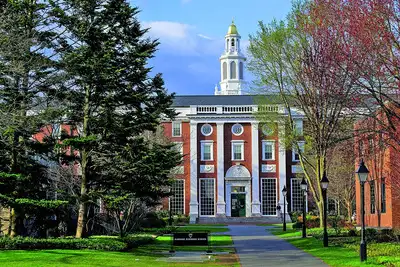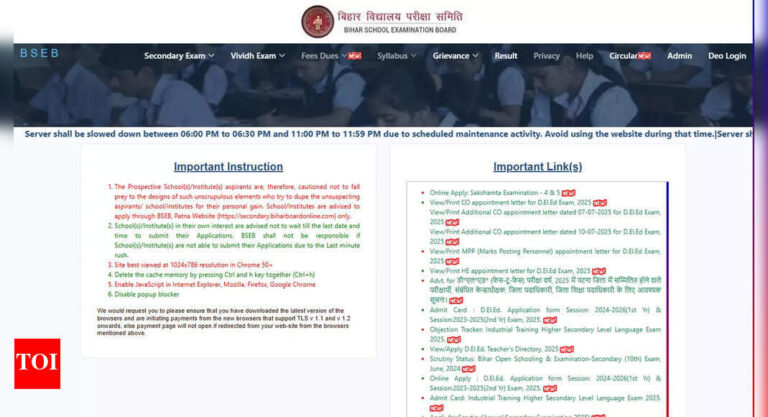
Harvard University has extended its campus-wide hiring freeze and warned of a potential $1 billion annual financial loss, as a result of multiple policy decisions rolled out by the Trump administration. The university cited a combination of research funding cuts, new restrictions on international students, and a sharp increase in the tax on its endowment income as the main sources of financial strain.The update comes ahead of Harvard’s 2026 budget release, expected later this week, and signals deepening financial adjustments across its schools and departments.
Research cuts and tax hike compound financial stress
A key factor driving Harvard’s projected losses is the termination and freezing of over $2 billion in federal research grants. These funds traditionally support major initiatives in science, medicine, engineering, and public policy, areas where Harvard leads globally.Adding to the burden is a new federal law signed on July 4 that increases the tax on endowment income from 1.4% to 8%. For Harvard’s $53 billion endowment, this translates to an estimated $200 million annual loss, significantly shrinking the pool of money available for student aid, faculty salaries, and long-term academic investments.
Hiring freeze continues, layoffs deepen
To manage the growing fiscal challenges, Harvard has extended its hiring freeze across faculty and staff roles, first implemented in March. Only positions essential to grant- or gift-funded research projects are exempt. The freeze is part of a broader institutional push to reduce spending and increase operational efficiency.Layoffs have already taken place across several schools, including the Harvard Kennedy School, the School of Public Health, and the Medical School, each citing financial pressure linked to federal actions.Administrators have directed all schools and units to further streamline operations, reduce expenditures, and prepare for long-term structural changes aimed at preserving flexibility and sustainability.
International students caught in policy crossfire
Harvard also faces uncertainty over its ability to host international students—a key segment of its academic community. Recent federal moves include attempts to revoke the university’s certification to host foreign students and the signing of an executive order that restricts student entry into the United States.Although Harvard has secured temporary legal relief against these actions, the future remains unclear. With more than 20% of its student body coming from outside the US, any long-term restriction on international enrolment could disrupt both finances and academic diversity.
Bridge funding won’t fill the gap
In response to the initial rounds of cuts, Harvard allocated $250 million in bridge funding to support research through fiscal years 2025 and 2026. However, university officials now acknowledge that this stopgap measure will not be enough to offset the broader financial hit.With core revenue streams shrinking and operational costs continuing to rise, the university has signalled that additional cost-saving measures, and possibly new funding models, will be necessary to maintain stability.
A sign of stress across elite universities
Harvard’s statement is part of a growing trend of elite American universities openly expressing concern over federal policy shifts. Since April, top institutions have faced challenges including frozen grants, threats to tax-exempt status, investigations into foreign donations, and efforts to dismantle diversity, equity, and inclusion programs.While Harvard is among the first to publicly quantify the potential damage, placing it at $1 billion annually, the broader implications suggest that the US higher education landscape may be entering a period of sustained political and financial volatility.TOI Education is on WhatsApp now. Follow us here.








